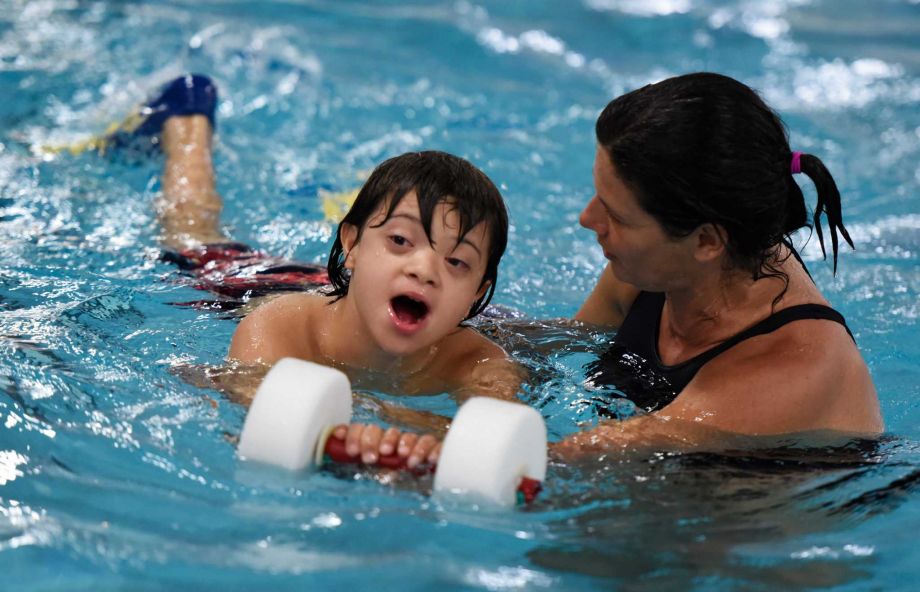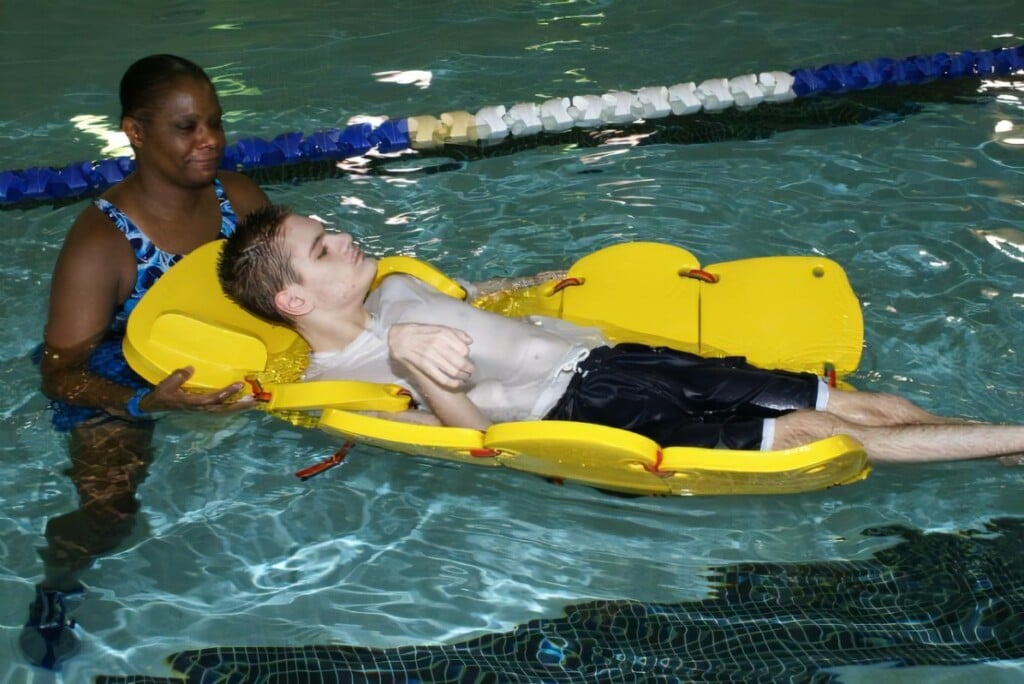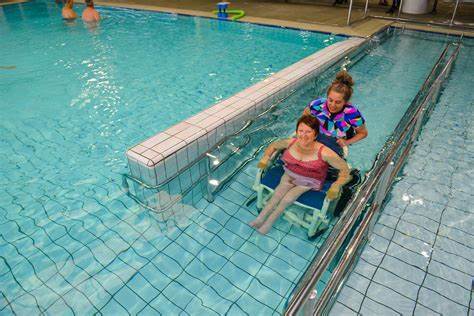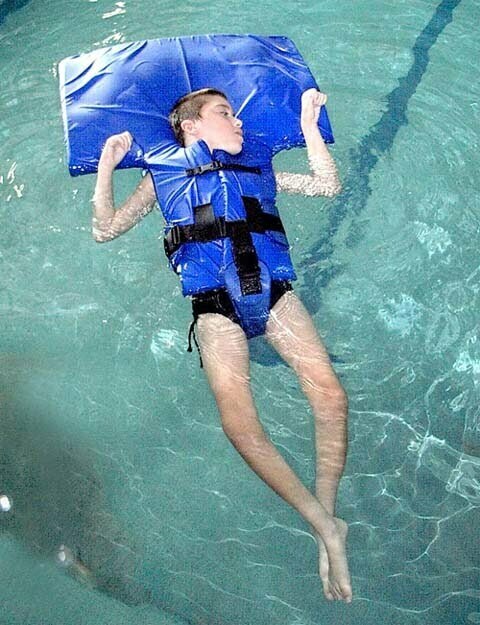Go Swim Istanbul

Teaching swimming for people with special needs. At Free Dive, we offer special swimming lessons for children with special needs, and we have specialized experts to deal with all disabilities.
- Ex: autistic
- and sensory struggles
- Attention deficit hyperactivity disorder.
- physical disabilities, autism, Asperger syndrome and other related developmental syndromes
- Cerebral Palsy
- Down syndrome, sensory processing disorder, and other sensory challenges.
- physical difficulties, disabilities, and other challenges.)
The importance of teaching swimming for people with special needs
Swimming is one of the most effective and popular exercises for people with cerebral palsy and those with special needs. The aquatic environment is ideal for children and adults in this case for many reasons. Swimming lessons keep children of all ages safe while also helping to
- Swimming helps in a therapeutic and soothing way for many children with special needs.
- Water can calm sensory overload, give swimmers a feeling of weightlessness, and relieve them of physical discomfort.
- It also helps improve balance, coordination, strength and range of motion in the water.
- The benefits of swimming for people with disabilities range from strengthening muscles to improving mental health.
Do not miss the opportunity to learn about the best winter swimming training centers
Benefits of teaching swimming for people with special needs
Swimming can be of great help to children and adults with special needs. The physical and emotional benefits extend to many areas. The nature of swimming with the repetitive motion techniques it requires, as well as its function as an individual sport, makes it the ideal activity for affected children and adults as it:
- Swimming is one of the group games that provides a disabled individual with a good opportunity to mix with individuals in society
- Improve their motor skills and develop their flexibility, mobility and coordination while they discover the “magical” sensation of floating in water. At the same time ,
- They enhance their health and mental abilities and raise their quality of life.
- Swimming helps adults and children with Down syndrome improve their mood and cognitive abilities, reduce stress and the potential for depression in the future and increase their self-esteem.
- Swimming can be an effective therapeutic activity for children and adults with autism, helping them improve many skills such as coordination, speech, and cognitive processes. It can also be a huge boost to the development of their social skills and self-esteem.
- Swimming has long-term benefits to affected children and adults because it has positive effects on health issues such as obesity and heart disease.
- Swimming is considered a rehabilitative sport and a water treatment for the disabled, as it has positive functional results, especially on the sensory and neuromuscular systems.
- Swimming for the disabled as a sport aims to encourage them to improve their fitness and physical efficiency on their own
- Swimming helps the disabled to develop new types of diverse movement forms that help them restore their balance and put their bodies in the water after injury.
Learn about scuba diving lessons

How to teach swimming for people with special needs
Our team of well-certified swimming instructors understand the special abilities of children and adults with Down Syndrome and follow their teaching methods accordingly.
We know they can learn and have high expectations of them making sure they learn basic swimming techniques slowly and steadily.
We are distinguished in Free Dive:
- We give them the long help they need to remember instructions and keep our language simple and short.
- We clearly demonstrate the basic principles of swimming and make sure to re-teach so that new knowledge is absorbed.
- Helps them feel comfortable, as water relaxes the body and mind and improves the psychological mood of all sufferers.
- Instilling confidence in sufferers to work on their bodies and improve coordination, movement and balance as water allows for a greater sense of freedom and gradually develops and strengthens core feelings of self-confidence and self-esteem
- Improve their endurance, rotation and physical movement better and they can change this level in an advanced way.
- Swimming can also be a great way and activity to achieve this goal.

Learn about free diving courses
Types of swimming for the disabled and those with special needs
We all know that psychological confidence is essential to the well-being of all people and this is no different for all children and adults with special needs.
Swimming is useful in rehabilitating the disabled to restore a sense of his body position and a sense of distinction due to his distinctive abilities.
Swimming for paralyzed
The disabled person begins to paralyze his training in the water with the help of a specialist. We find that in cases of complete disability, especially when there is stiffness, we find the phenomenon of flotation of the disabled part.
- In the early stages of paralysis, spinal injury care is required.
- The time of rehabilitation exercise in the water for the disabled varies according to the type of disability, the severity of the injury and the age of the disabled person
- Training for the disabled usually starts from the age of three years until the age of about seventy years
Backpacking for the disabled.
Swimming on purification for the disabled is the best type of swimming, where the disabled learn to float on the back in the water by keeping the hands in continuous movement in the water on both sides of the body to maintain balance. The movement of the hands takes place alternately by moving away and approaching the body.
Breaststroke swimming for the disabled.
Swimming on the chest for the disabled faces several technical problems. In the case of injury to the thoracic vertebrae, which is accompanied by paralysis of the muscles of the individual back and weak muscles of the pelvis and lower extremities, the disabled swims in a diagonal and difficult position and by repeating the exercise for the muscles of the back, shoulders and the muscles of the back, gradual improvement occurs
Learn to rescue through safety and rescue lessons

Swimming equipment for people with special needs
Swimming is a valuable skill and some facilities allow people with special needs to experience the therapeutic benefits of alternating current water and there are a variety of special needs swimming products for children and adults with sensory processing disorders or developmental delays.
Disabled Swimming Kits These items are specially designed for disabled swimming lessons
- buoyancy belts
- fixing rods
- floating comfort mats,
- the chair
Swimming diapers, and more for all age groups.
The most important frequently asked questions about teaching swimming for people with special needs
Is swimming in deep dive good for people with special needs?
Swimming helps build core strength and improve balance and coordination. Being in the water can be soothing for individuals with special needs. The buoyancy of water relieves the pressure that gravity places on the muscles.
Do you provide education support for children with special needs at Free Dive?
Although we do not directly support swimming lesson fees for children with special needs, we partner with third party organizations that may be able to help.
What are the swimming pools for people with special needs?
Swimming Equipment List
1. Rubber prosthetics for the disabled.
2. Float arm
3. Earplugs
4. fins
5. Headphones
6. Life jacket
Sources
Swimming Lessons in Istanbul
Baby Swimming Lessons in Istanbul
Free Diving & Scuba Diving Lessons in Istanbul
